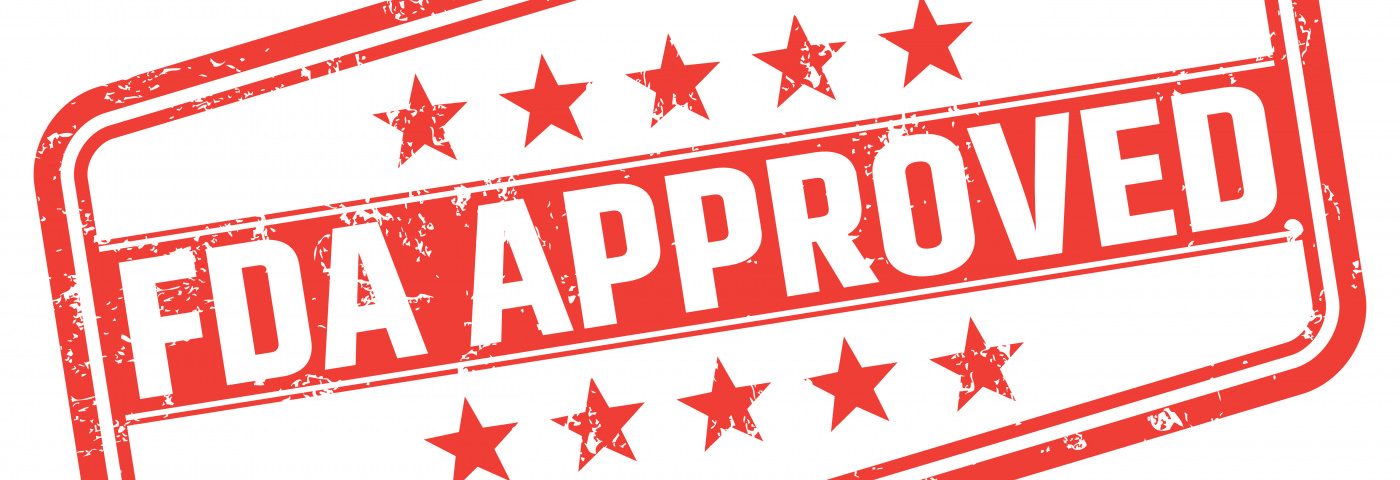The U.S. Food and Drug Administration (FDA) has approved the CAR T-cell therapy Breyanzi (lisocabtagene maraleucel) for treating adults with relapsed or refractory large B-cell lymphoma (LBCL) who have had two or more lines of systemic therapy.
The approval covers several types of LBCL: diffuse large B-cell lymphoma (DLBCL) not otherwise specified (including DLBCL arising from indolent lymphoma); high-grade B-cell lymphoma; primary mediastinal large B-cell lymphoma; and follicular lymphoma grade 3B. Breyanzi is not indicated to treat primary central nervous system lymphoma.
“Breyanzi, a CAR T cell therapy, will have an important role in clinical practice, offering people living with relapsed or refractory large B-cell lymphoma the chance for sustained response with an individualized treatment experience,” Samit Hirawat, MD, said in a press release. Hirawat is chief medical officer at Bristol Myers Squibb (BMS), which developed Breyanzi.
“With this approval, we now have an important new treatment option for patients with relapsed or refractory large B-cell lymphoma who have undergone at least two prior lines of systemic therapy,” added Jeremy Abramson, MD, director of the lymphoma program at Massachusetts General Hospital in Boston.
T-cells are a type of immune cell with the capacity to kill diseased cells (i.e., cells that are cancerous or have been infected with a virus). In CAR T-cell therapy, T-cells are collected from a cancer patient, then engineered with a specialized protein receptor — the chimeric antigen receptor (CAR), which gives the therapy its name.
The CAR T-cells are able to identify and kill cancer cells more effectively. In Breyanzi, the cells are specifically engineered with a CAR that targets CD19, a protein found on the surface of LBCL cells.
BMS plans to manufacture the therapy for each individual patient at a state-of-the-art manufacturing facility in Bothell, Washington. The company intends to offer the therapy with a turnaround time of 24 days. BMS also aims to make the therapy available for administration with or without hospitalization (inpatient or outpatient).
BMS is planning to launch the therapy across a large network of treatment centers. These centers will need to undergo specific evaluations and trainings to ensure that the therapy is administered properly and that potential side effects receive appropriate management.
The company also has a digital service platform called Cell Therapy 360, which offers support and information to patients and caregivers. BMS will offer disposable wearable technology to patients after the therapy is administered, which can connect through a smartphone to track body temperature.
BMS also offers various other programs to help patients and caregivers, and to help support access to therapies.
“Breyanzi is an innovative treatment that offers a new option for patients, and another reason for this community to maintain hope for the future,” said Meghan Gutierrez, CEO of the Lymphoma Research Foundation.
The FDA’s approval of Breyanzi was based on data from a Phase 1 clinical trial, called TRANSCEND-NHL-001 (NCT02631044), which is testing the CAR T-cell therapy in people with various types of B-cell cancers.
In the trial, 192 participants have been treated with Breyanzi at the now-approved dose of 50 to 110 million CAR-positive viable T-cells and evaluated for effectiveness. Among these participants, nearly three-quarters (73%) responded to the therapy.
Specifically, 19% had a partial response, meaning their tumor burden got smaller but that cancer cells were still readily detectable. The remaining 54% had a complete response — minimal or no detectable cancer remaining after treatment.
Among all responders, median duration of response was 16.7 months (just under a year-and-a-half). Among the complete responders, median duration of response has not yet been reached. In other words, in the majority of participants who had a complete response, that response was still ongoing as of the most recent trial data.
“In TRANSCEND NHL 001, Breyanzi produced sustained responses in a significant proportion of patients with relapsed or refractory large B-cell lymphoma. TRANSCEND also demonstrated feasibility of outpatient administration, which is meaningful for patients, physicians and the healthcare system,” said Abramson, the trial’s principal investigator.
In the trial, 268 participants were evaluated for safety, of whom 46% experienced an adverse side effect. The most common included fever, low blood pressure, dizziness, delirium, pneumonia, brain damage, and an inflammatory condition called cytokine release syndrome (CRS). Serious CRS and neurologic toxicities occurred in 4% and 12% of participants, respectively.
Breyanzi also is being reviewed for potential approval by the European Medicines Agency. The medication has been granted Priority Medicines (PRIME) designation for relapsed/refractory DLBCL in the European Union.


